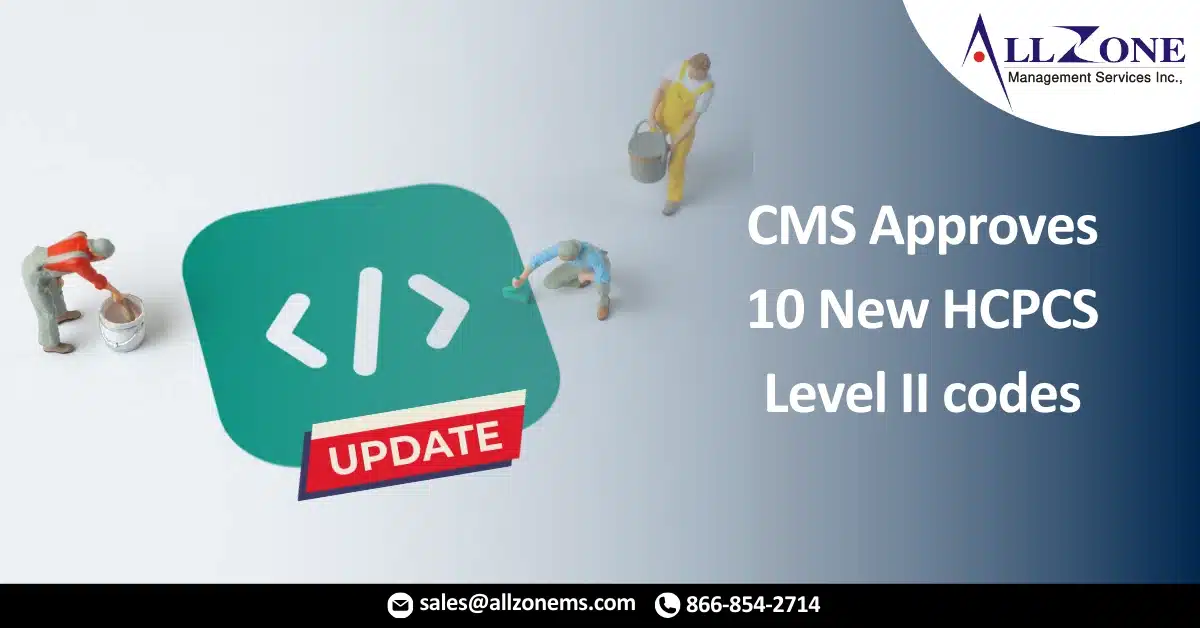In the world of medical coding, modifiers are like the punctuation marks of clinical documentation—they clarify intent, add nuance, and ensure that payers fully understand the story behind the service provided. When applied correctly, modifiers safeguard compliance, prevent denials, and guarantee appropriate reimbursement. When applied incorrectly, they can spark audits, lead to revenue loss, or […]
Diagnostic radiology is the bedrock of modern medicine, providing crucial insights that guide diagnoses and treatment plans. But behind every X-ray, MRI, and CT scan lies a complex world of medical coding – a world that can be as intricate as the human anatomy itself. Accurate diagnostic radiology coding isn’t just about administrative neatness; it […]
Medical coding and billing are critical components of the healthcare revenue cycle. They ensure that healthcare providers receive proper reimbursement for the services rendered. However, the ever-evolving regulatory landscape, shifting payer policies, and technological advancements present numerous Medical Coding & Billing Challenges. These challenges significantly impact the efficiency and accuracy of the revenue cycle. As […]
The article explores common billing mistakes and offers tips for four healthcare services that can cause payment headaches for physicians. 1. Annual Wellness Visits vs. Physicals: Understanding Medicare Requirements Differentiating between Annual Wellness Visits (AWV) and Initial Preventive Physical Exams (IPPE) is crucial for accurate billing. Both are covered by Medicare for preventive care, but […]
Ten new HCPCS Level II codes for drugs and biologicals will be payable for Medicare, effective for claims with dates of service on or after July 1, 2019. HCPCS Level II codes is a standardized coding system that is used primarily to identify products, supplies, and services not included in the CPT code set jurisdiction, such as […]
Denied claims are one of physicians’ chief complaints when it comes to dealing with payers. To a certain extent, every practice deals with claim denials. It’s those practices that eliminate the most common reasons that experience a smoother revenue cycle and find greater financial success. Here are the 13 most common reasons for why claims […]
“Separate procedure” may not mean what you think. Many procedural codes in the CPT® Book are designated as “separate procedures.” However, the common misinterpretation of this is that coders can report such codes as such in every case. Not true. First, you must consider: Were there other procedures performed during the same encounter? Did you consult […]







